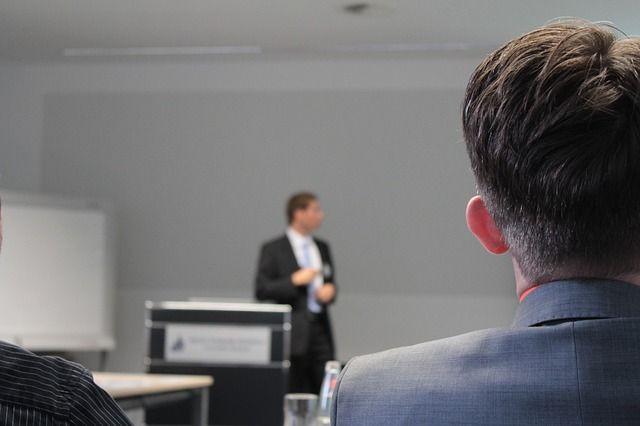Hearing Loss? Problems May Spring From Brain's Inability To Filter Out Noise, Not Just From Ears

Our ears may not be the only reason we have more trouble understanding what people say as we age, suggests recent research published in the Journal of Neurophysiology. Certain parts of our brain are to blame too.
Researchers recruited two groups of native English speakers, young and old, to undergo a series of tests. The volunteers listened to someone talking to them while dealing with someone else in the background speaking either English or Dutch. No matter what the level of background noise and despite having clinically normal hearing, the older volunteers were less able to comprehend speech than their younger counterparts, particularly when both speakers spoke English. Additional tests found that older participants on average had greater neurological deficits in their midbrain and cortex.
Because the older volunteers were much worse at speech comprehension when listening to two English speakers, the researchers in the study concluded that “neural processing is strongly affected by the informational content of noise.” In other words, while our aging brains can still easily filter out meaningless background noise, they’re less able to tell apart similar sounding speech.
Typically, hearing loss is caused by damage to the hair cells found within our inner ear and/or to the auditory nerves that transport electronic signals (converted from sound waves) to the brain. But in recent years, more attention has been paid to subtler ways our hearing can be impaired. Earlier this September, a study published in PLOS-ONE found that damage to the synapses (the structures where signals are transmitted between nerve cells) in auditory nerve cells can contribute to reduced hearing sensitivity.
Standard hearing tests don’t detect these types of impairment, though, so there’s no way to know how many people right this moment may be suffering from so-called hidden hearing loss.
Thankfully, because hearing loss is a gradual process, there are plenty of ways we can prevent or at least slow down its appearance. That can include everything from wearing earplugs at a noisy workplace to avoiding especially loud concerts and blaring headphones. And even after some hearing loss has occurred, the use of hearing aids can prevent it from getting worse.
Indeed, while one of every twenty people worldwide has disabling hearing loss, according to the World Health Organization. fully half of these cases could have been prevented with proper precaution.
Source: Effect Of Informational Content Of Noise On Speech Representation In The Aging Midbrain And Cortex. Journal of Neurophysiology. 2016.



























